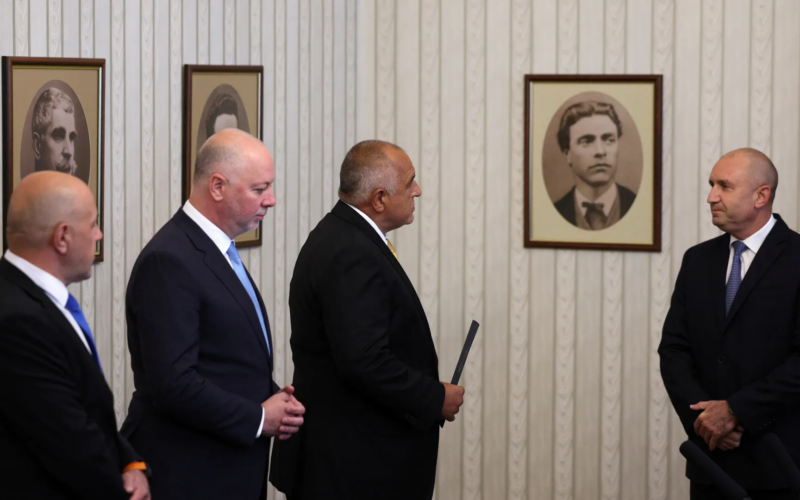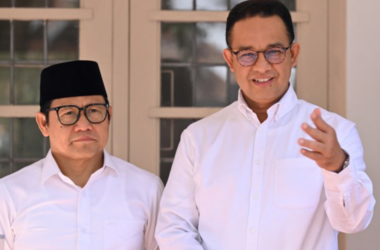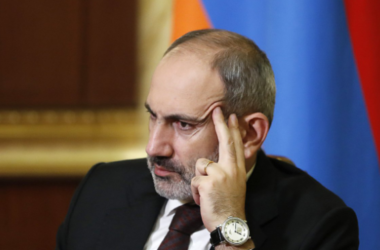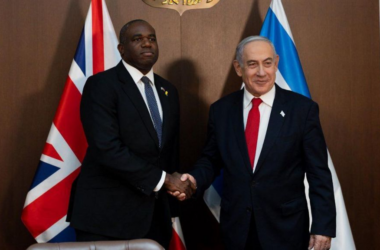In the wake of Bulgaria’s sixth snap election in three years, President Rumen Radev has mandated the GERB-UDF coalition to form a minority government. This follows the June 8 election, which, while positioning GERB as the largest group in the National Assembly, failed to deliver a clear majority, underscoring the nation’s continued political fragmentation.
The election results handed the GERB-UDF coalition 68 seats out of 240, making it the largest faction but far short of a majority. In response, President Radev has tasked Prime Minister-designate Rosen Zhelyazkov, a former parliament speaker, with forming a cabinet. Zhelyazkov, a 56-year-old lawyer, presented a team of seasoned politicians and experts from GERB, proposing a minority government for parliamentary approval.
Despite these efforts, the parliamentary vote remains fraught with uncertainty. The GERB-led coalition currently holds the support of only the ethnic Turkish Movement for Rights and Freedoms (DPS), which has 47 lawmakers. This support is insufficient for a majority, leaving GERB-UDF in need of additional allies. Given the current political climate, securing such alliances appears challenging.
The June 8 election represents Bulgaria’s sixth snap poll since 2020, reflecting ongoing political instability. This period of turmoil began with anti-corruption protests that toppled a GERB-led government under then-Prime Minister Boyko Borissov. Despite GERB’s efforts to regain stability, a coalition government with the reformist We Continue the Change (PP) party collapsed in March, leading to the most recent election.
The PP, which won 39 seats in the June poll, alongside the Movement for Rights and Freedoms and the ultranationalist Revival party with 38 seats, remains skeptical of collaboration with GERB. Borissov, who led three governments from 2009 to 2021, refrained from seeking the prime minister’s position after the election to facilitate potential partnerships. However, the PP has publicly refused to support a GERB-involved government.
Should the GERB-UDF coalition fail to secure parliamentary backing, the mandate will be handed to the second-largest party, perpetuating Bulgaria’s cycle of political uncertainty. This instability has delayed Bulgaria’s aspirations to join the eurozone and fully participate in the Schengen Area, with EU fund disbursements and economic reforms awaiting a stable government.
As Bulgaria navigates this political impasse, the formation of a stable government remains crucial for advancing its European integration and economic objectives. Whether the GERB-UDF coalition can garner the necessary support in parliament will determine the next phase of Bulgaria’s ongoing quest for political stability.








